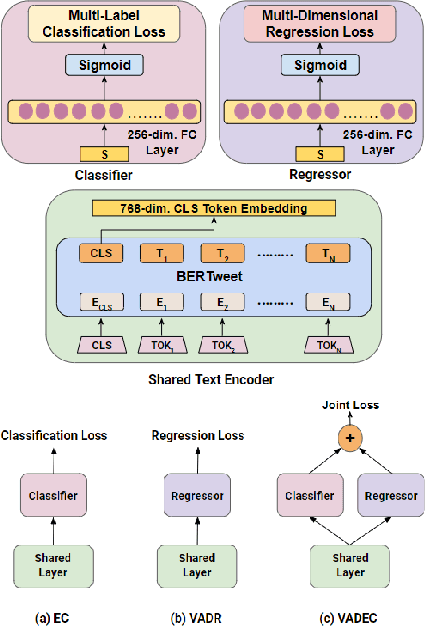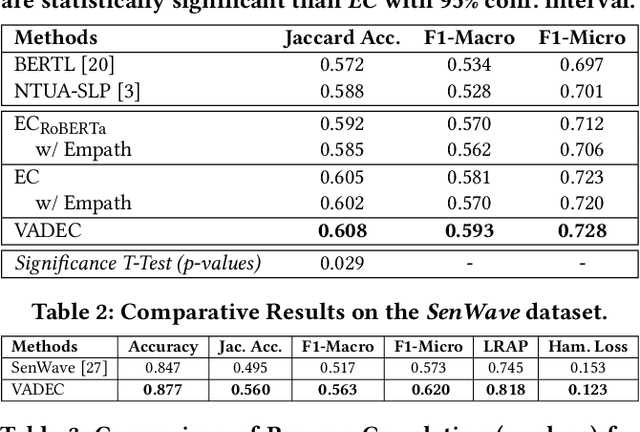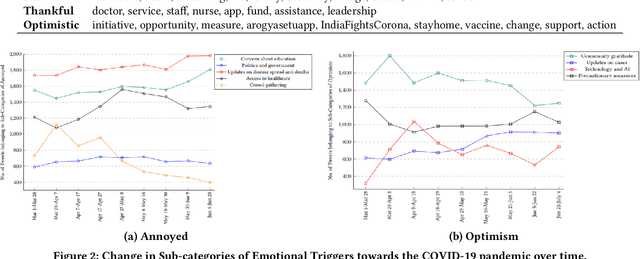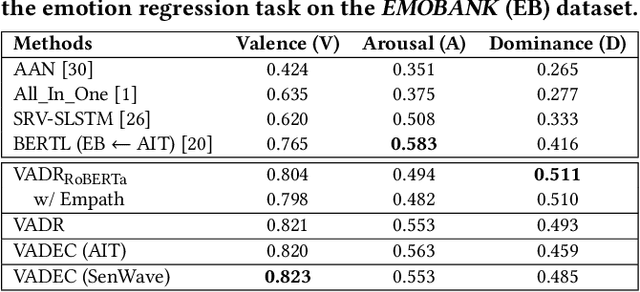Soham Dasgupta
NGD: Neural Gradient Based Deformation for Monocular Garment Reconstruction
Aug 25, 2025



Abstract:Dynamic garment reconstruction from monocular video is an important yet challenging task due to the complex dynamics and unconstrained nature of the garments. Recent advancements in neural rendering have enabled high-quality geometric reconstruction with image/video supervision. However, implicit representation methods that use volume rendering often provide smooth geometry and fail to model high-frequency details. While template reconstruction methods model explicit geometry, they use vertex displacement for deformation, which results in artifacts. Addressing these limitations, we propose NGD, a Neural Gradient-based Deformation method to reconstruct dynamically evolving textured garments from monocular videos. Additionally, we propose a novel adaptive remeshing strategy for modelling dynamically evolving surfaces like wrinkles and pleats of the skirt, leading to high-quality reconstruction. Finally, we learn dynamic texture maps to capture per-frame lighting and shadow effects. We provide extensive qualitative and quantitative evaluations to demonstrate significant improvements over existing SOTA methods and provide high-quality garment reconstructions.
Soft Soil Gait Planning and Control for Biped Robot using Deep Deterministic Policy Gradient Approach
Jun 13, 2023



Abstract:Biped robots have plenty of benefits over wheeled, quadruped, or hexapod robots due to their ability to behave like human beings in tough and non-flat environments. Deformable terrain is another challenge for biped robots as it has to deal with sinkage and maintain stability without falling. In this study, we are proposing a Deep Deterministic Policy Gradient (DDPG) approach for motion control of a flat-foot biped robot walking on deformable terrain. We have considered a 7-link biped robot for our proposed approach. For soft soil terrain modeling, we have considered triangular Mesh to describe its geometry, where mesh parameters determine the softness of soil. All simulations have been performed on PyChrono, which can handle soft soil environments.
Understanding the Role of Affect Dimensions in Detecting Emotions from Tweets: A Multi-task Approach
May 09, 2021



Abstract:We propose VADEC, a multi-task framework that exploits the correlation between the categorical and dimensional models of emotion representation for better subjectivity analysis. Focusing primarily on the effective detection of emotions from tweets, we jointly train multi-label emotion classification and multi-dimensional emotion regression, thereby utilizing the inter-relatedness between the tasks. Co-training especially helps in improving the performance of the classification task as we outperform the strongest baselines with 3.4%, 11%, and 3.9% gains in Jaccard Accuracy, Macro-F1, and Micro-F1 scores respectively on the AIT dataset. We also achieve state-of-the-art results with 11.3% gains averaged over six different metrics on the SenWave dataset. For the regression task, VADEC, when trained with SenWave, achieves 7.6% and 16.5% gains in Pearson Correlation scores over the current state-of-the-art on the EMOBANK dataset for the Valence (V) and Dominance (D) affect dimensions respectively. We conclude our work with a case study on COVID-19 tweets posted by Indians that further helps in establishing the efficacy of our proposed solution.
How Have We Reacted To The COVID-19 Pandemic? Analyzing Changing Indian Emotions Through The Lens of Twitter
Aug 20, 2020



Abstract:Since its outbreak, the ongoing COVID-19 pandemic has caused unprecedented losses to human lives and economies around the world. As of 18th July 2020, the World Health Organization (WHO) has reported more than 13 million confirmed cases including close to 600,000 deaths across 216 countries and territories. Despite several government measures, India has gradually moved up the ranks to become the third worst-hit nation by the pandemic after the US and Brazil, thus causing widespread anxiety and fear among her citizens. As majority of the world's population continues to remain confined to their homes, more and more people have started relying on social media platforms such as Twitter for expressing their feelings and attitudes towards various aspects of the pandemic. With rising concerns of mental well-being, it becomes imperative to analyze the dynamics of public affect in order to anticipate any potential threats and take precautionary measures. Since affective states of human mind are more nuanced than meager binary sentiments, here we propose a deep learning-based system to identify people's emotions from their tweets. We achieve competitive results on two benchmark datasets for multi-label emotion classification. We then use our system to analyze the evolution of emotional responses among Indians as the pandemic continues to spread its wings. We also study the development of salient factors contributing towards the changes in attitudes over time. Finally, we discuss directions to further improve our work and hope that our analysis can aid in better public health monitoring.
 Add to Chrome
Add to Chrome Add to Firefox
Add to Firefox Add to Edge
Add to Edge